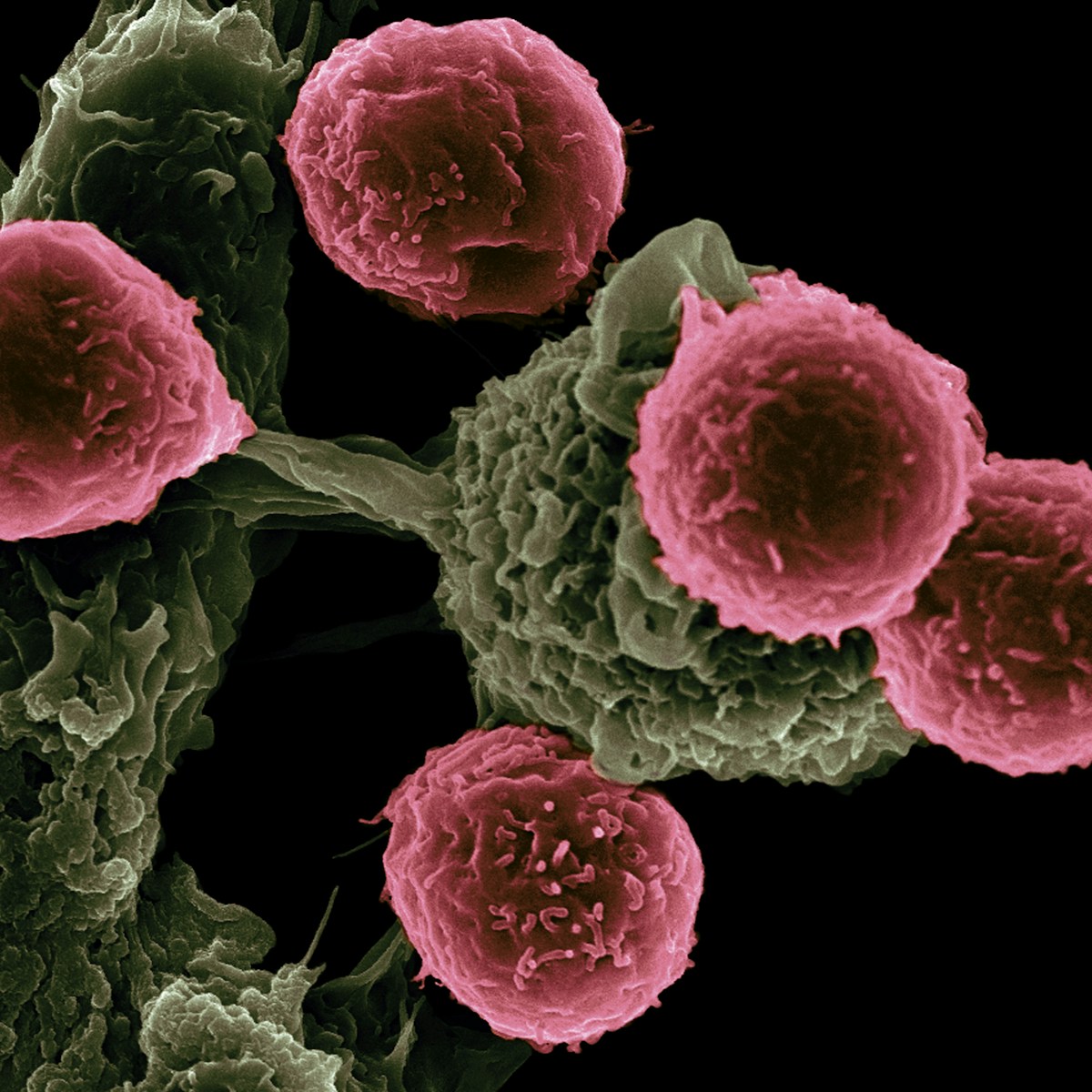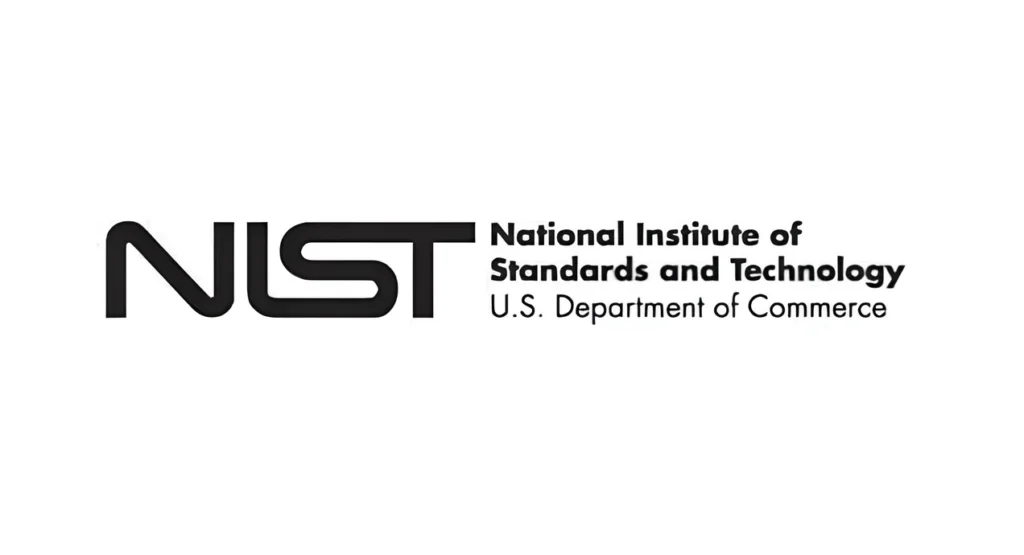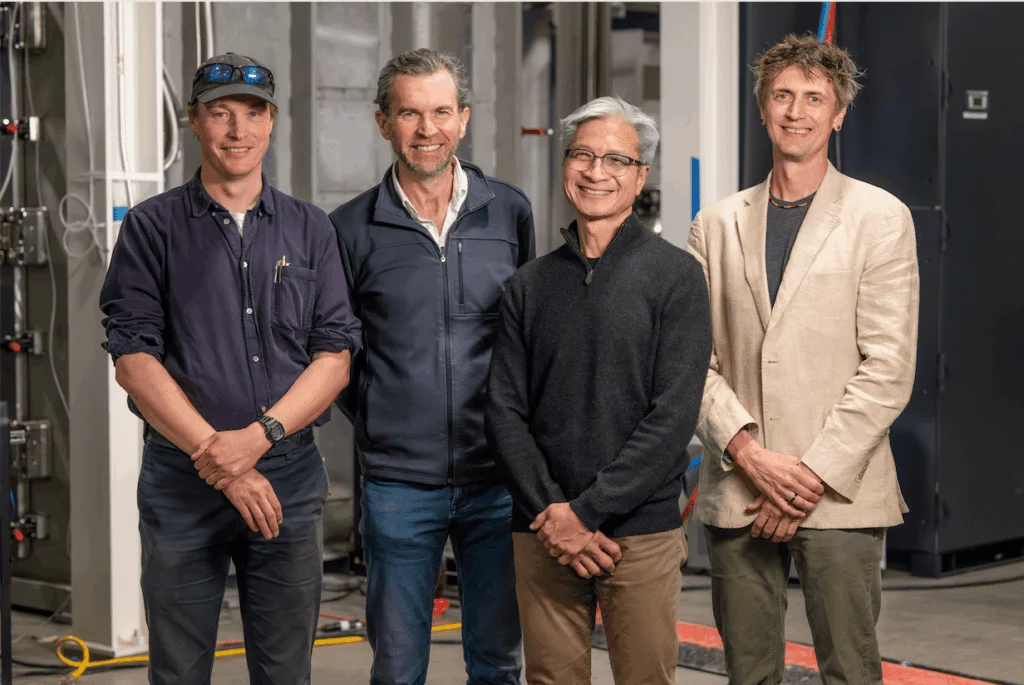Insider Brief
- Researchers say they demonstrated the first instance of a generative model running on quantum hardware outperforming state-of-the-art classical models in generating viable cancer drug candidate.
- The research team includes Zapata Computing, Insilico Medicine, the University of Toronto and St. Jude Children’s Research Hospital.
- Scientists used generative AI to develop novel KRAS inhibitors, a critical focus in cancer therapy historically deemed “undruggable” due to its intrinsic biochemical properties.
- Image: National Cancer Institute
PRESS RELEASE — Zapata Computing, Inc. (“Zapata AI” or the “Company”), the Industrial Generative AI company, today announced that its scientists, in collaboration with Insilico Medicine, the University of Toronto, and St. Jude Children’s Research Hospital have demonstrated the first instance of a generative model running on quantum hardware outperforming state-of-the-art classical models in generating viable cancer drug candidates. The research points to a promising future of hybrid quantum generative AI for drug discovery using today’s quantum devices.
In the study, the researchers utilized generative AI to develop novel KRAS inhibitors, a critical focus in cancer therapy historically deemed “undruggable” due to its intrinsic biochemical properties. Generative models running on classical hardware, quantum hardware (specifically, a 16-qubit IBM device), and simulated quantum hardware generated one million drug candidates each, which were then filtered algorithmically and by humans. The resulting 15 molecules were then synthesized and tested through cell-based assays. The two molecules generated by the quantum-enhanced generative model were distinct from existing KRAS inhibitors and showed a superior binding affinity over the molecules generated by purely classical models.
“This project is an exciting demonstration of how quantum and classical computing can complement each other to deliver an end-to-end solution,” said Yudong Cao, CTO and co-founder at Zapata AI. “The collaboration between Zapata, UofT, St. Jude and Insilico is also a great example of how the startup and university ecosystems can leverage each other’s advantages to drive progress. We’re looking forward to taking this research further to move the discovered molecules through the drug discovery pipeline, apply our methodology to other disease targets, and extend our quantum-enhanced generative AI to other industrial use cases with complex design challenges.”

The research is currently published on ArXiv as it awaits peer review. The study is a follow-up to a study published by the team in 2023, in collaboration with Foxconn, that first showed the promise of quantum generative AI for drug discovery.
“This research provides further validation of the potential of Insilico’s generative AI engine, Chemistry42, to be combined with quantum-augmented generative models in order to develop novel therapeutic possibilities for difficult-to-drug targets in cancer and other indications,” says Alex Zhavoronkov, PhD, founder and co-CEO of Insilico Medicine. “This represents an important early step toward a more advanced drug discovery future and we look forward to working with Zapata AI and Alán Aspuru-Guzik at the University of Toronto to further develop these methods.”
The news also follows a recent announcement that Zapata AI has entered a new strategic partnership with D-Wave Quantum Inc. (NYSE: QBTS) (“D-Wave”), with an initial focus on building quantum generative AI models that accelerate the discovery of new molecules for commercial applications. “For the first time ever, we’ve been able to produce real effective drug lead molecules with quantum-enhanced generative AI,” said Christopher Savoie, CEO and co-founder of Zapata AI. “The best part is this is only the beginning. This is the same tech we are developing into a commercial product in our work with D-Wave, which we expect to bring to market quickly given the advanced commercial maturity of Zapata’s generative AI technology and D-Wave’s annealing quantum computing. We’re looking forward to expanding on this research to discover new molecules for drug discovery and other industrial applications.”
“I have always been excited about the potential of AI and quantum computing for drug and materials discovery,” said Alán Aspuru-Guzik, a professor of Chemistry and Computer Science at the University of Toronto, as well as a co-founder and Scientific Advisor of Zapata AI. “We are just starting to see how to integrate quantum computing modules into the drug discovery pipeline. It is great to see that we were able to successfully discover a new compound to inhibit KRAS. Many questions are open. Although everything you can do in this paper could also be done with a classical computer, it is exciting to see that this work sets the path for future, more powerful quantum computers to demonstrate their abilities. The global community of researchers will be able to further improve upon this first-of-a-kind experiment.”
The research leveraged the QML Suite Python Package available on Zapata AI’s Orquestra® platform, which can be accessed here.
For more market insights, check out our latest quantum computing news here.














